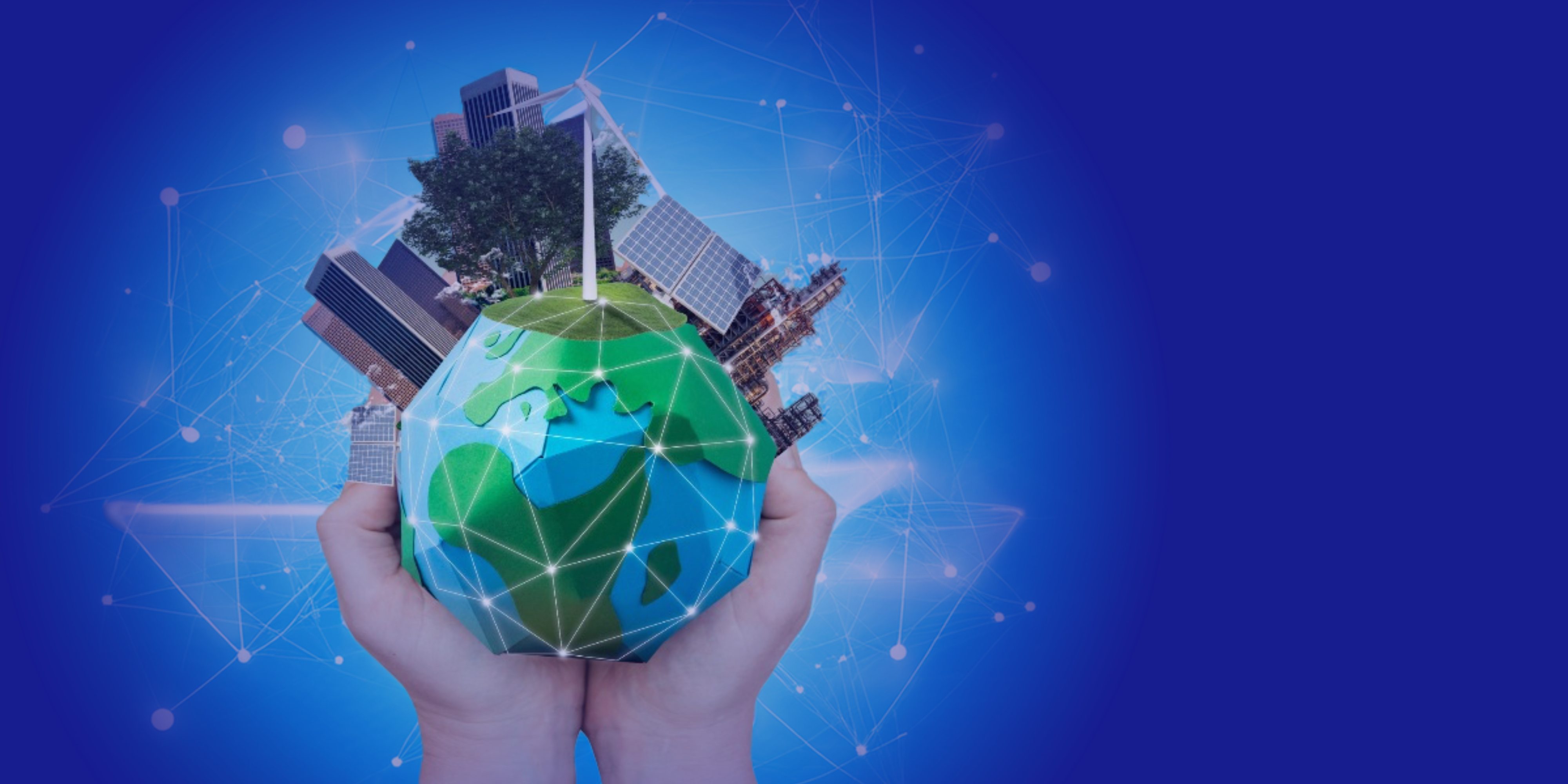As populations and industries grow, so does the need for sustainable water management. Liquid waste, if not treated properly, can lead to the contamination of water sources, harming the environment. At Interwaste’s Effluent Treatment Plant (ETP), located at the heart of Klinkerstene Waste Park in Delmas, we focus on converting liquid waste into clean, reusable water. This process not only protects vital water resources but also supports compliance and businesses in their efforts to reduce their environmental footprint.
What is Effluent Treatment?
Effluent treatment is the process of treating liquid waste or effluent generated by industries. This waste can come from a variety of sources, including manufacturing, mining, oil and gas, or even leachate from waste management facilities. Interwaste’s Effluent Treatment Plant ensures that these liquid waste streams are treated responsibly, recovering up to 90% of the water for reuse, with the remaining waste safely disposed of in compliance with environmental regulations.
Why Effluent Treatment is Crucial
Water is a finite resource, and industrial activities can place a heavy burden on this essential element. By treating effluent, industries can minimize their impact on freshwater supplies, protect ecosystems, and contribute to sustainable water use. Interwaste’s Effluent Treatment Plant plays a key role in this effort by providing a circular economy solution – turning waste into a resource.
How Does the Effluent Treatment Process Work?
The effluent treatment process at Interwaste’s ETP involves several advanced steps:
- Pre-treatment – Liquid waste is first screened and tested to ensure compatibility with the treatment process. This step also helps to identify any hazardous substances that need special handling.
- Primary Treatment – Large particles and contaminants are removed through sedimentation and filtration, separating solids from liquids.
- Secondary Treatment – The effluent undergoes biological treatment where microbes break down organic materials in the waste, converting it into harmless byproducts.
- Tertiary Treatment – The treated effluent is polished through advanced filtration and chemical processes, removing any remaining contaminants. This step ensures that the water meets high-quality standards for reuse.
Waste Streams Handled at the Effluent Treatment Plant
Our facility handles a variety of liquid waste streams, including:
- Industrial effluent from manufacturing, mining, and oil and gas industries
- Leachate produced by waste management facilities
- Liquid waste from wash bays and cleaning operations
These waste streams contain a mix of chemicals and contaminants that can be harmful if not treated properly. Interwaste’s ETP is equipped to handle these diverse waste types, ensuring safe and responsible management.
Recovering Clean, Reusable Water
One of the most significant benefits of the Effluent Treatment Plant is its ability to recover up to 90% of treated waste as clean, reusable water. This water can then be repurposed for various industrial applications, reducing the demand for freshwater resources and supporting sustainable practices.
Environmental Compliance and Safety
The Effluent Treatment Plant operates under strict regulations set by the Department of Water and Sanitation, ensuring that all treated effluent meets environmental and safety standards. This guarantees that our treatment processes protect the environment, reduce pollution, and contribute to water conservation efforts.
Effluent treatment is an integral part of the circular economy model. By converting liquid waste into reusable water, industries can reduce their reliance on virgin resources and minimize waste generation. With liquid waste being banned from landfill disposal in 2019, this approach supports sustainable development and helps businesses meet their compliance and environmental goals.
In an era of growing environmental concerns, responsible water management is more important than ever. Interwaste’s Effluent Treatment Plant provides a reliable, compliant and sustainable solution for treating industrial liquid waste while recovering precious water resources. By choosing to treat effluent responsibly, businesses can play their part in protecting the environment and contributing to a more sustainable future.



SUBMIT YOUR COMMENT